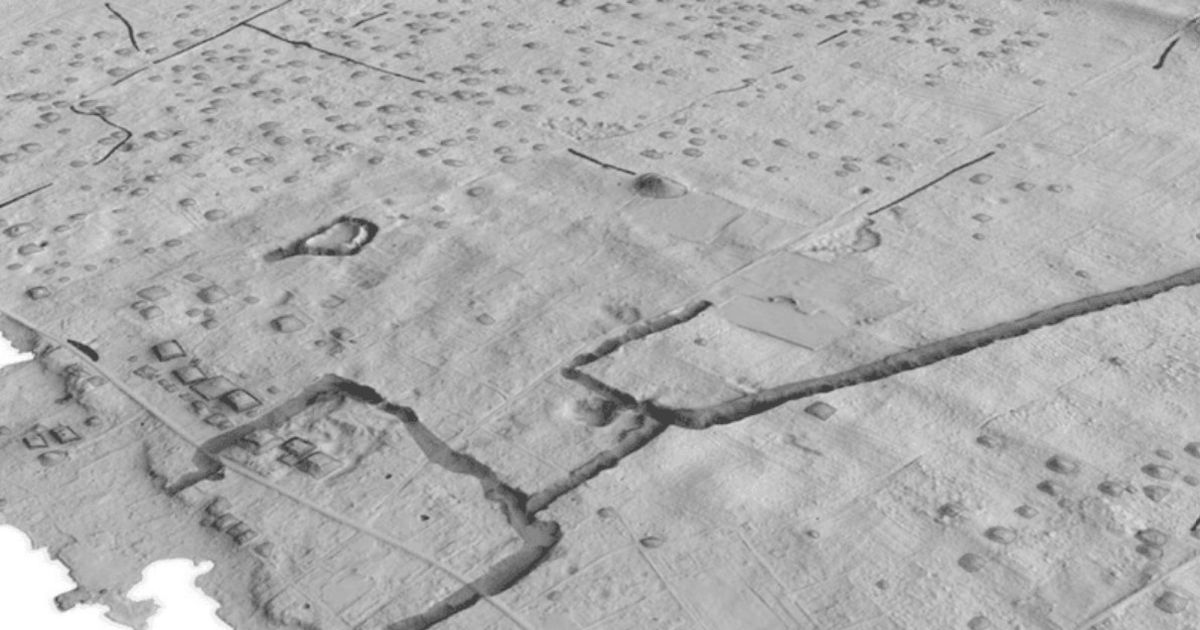Excavators have recently discovered the remains of a city in Tongatapu, dating back 700 years earlier than previously believed. This discovery has piqued interest in the region’s urban environments and how they evolved over time. As settlements expanded, they had to develop new strategies to support a growing population, leading to what experts describe as low-density urbanization. This unique form of city planning brought about significant social and economic changes, distinct from the traditional compact cities found in Europe.
Researchers are now investigating why the Tongatapu-based city ultimately declined. They have identified diseases and the arrival of Europeans as the probable causes for its demise. According to one expert, the city did not collapse due to inherent flaws in its system, but rather succumbed to external factors such as the introduction of diseases by European explorers. This finding marks just the beginning of research into early Pacific settlements.


